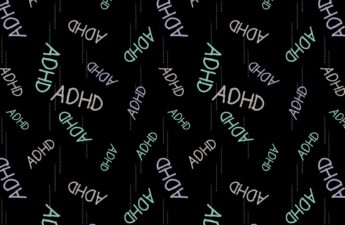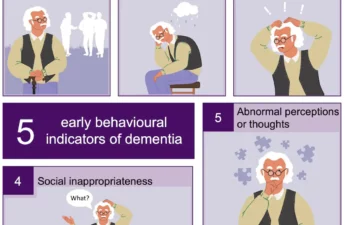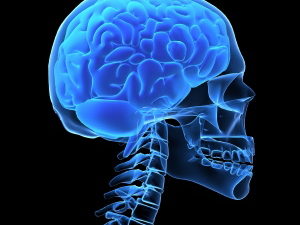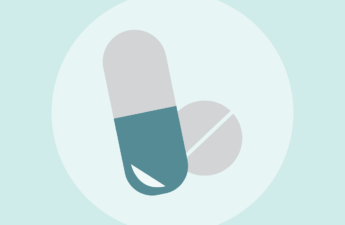Category: Mental Health
Psychedelics could make mental health worse in people with a personality disorder
Various personality disorders might respond differently to psychedelics. For instance, people with histrionic personality disorder (excessive attention-seeking and emotional overreaction) or borderline personality disorder (emotional instability, intense relationships and fear of abandonment) might feel worse or more unstable. And those with schizotypal personality disorder (social anxiety, odd beliefs and eccentric behaviour) could become more paranoid. People with narcissistic personality disorder (excessive self-importance, lack of empathy, and need for admiration) may struggle with the self-reflective nature of psychedelics because they often have a hard time handling criticism.
Increasingly sophisticated AI systems can perform empathy, but their use in mental health care raises ethical questions
Some examples of AI applications include: screening tools in primary care settings, enhanced tele-therapy sessions and chatbots offering accessible 24/7 emotional support. These can act as bridges for anyone waiting for professional help and those hesitant to seek traditional therapy. However, this turn to emotion-AI comes with a host of ethical, social and regulatory challenges around consent, transparency, liability and data security.
Beware online mental health chatbots, UW specialists warn
AI chatbots may someday play an important role in mental health care, but many currently online are untested and unsafe.
Running or yoga can help beat depression, research shows – even if exercise is the last thing you feel like
We found walking, running, strength training, yoga and mixed aerobic exercise were about as effective as cognitive behaviour therapy – one of the gold-standard treatments for depression.
There’s a new pill for postpartum depression, but many at-risk women face hurdles
Suicide and overdoses are among the leading causes of maternal death in the U.S.
Meditation Is Big Business. The Science Isn’t So Clear.
For more than two decades, various studies have suggested that meditation and mindfulness — that is, being aware of the present moment — can help reduce and improve pain management, lending some credence to the notion that the brain can affect the body. Such results have helped the field grow into a multibillion-dollar industry, populated by meditation apps, guided workshops, and upscale retreats.
Yet the field has also faced sharp criticism from psychologists and researchers who say the health benefits are overstated and some of the research methodologically flawed.
Perimenopause usually begins in your 40s. How do you know if it has started?
Perimenopause usually begins in the early to mid-40s. Some people even begin perimenopause earlier, due to premature ovarian insufficiency or medical treatments such as chemotherapy or surgical oophorectomy (ovary removal).
How can I get some sleep? Which treatments actually work?
You might have tried breathing exercises, calming music, white noise, going to bed in a dark and quiet bedroom, eating different foods in the evening, maintaining a regular sleep pattern, or reducing caffeine. But after three to four weeks of what seems like progress, your insomnia returns. What next?
How do stimulants actually work to reduce ADHD symptoms?
Stimulant drugs are thought to alter the activity of key neuotransmitters, dopamine and noradrenaline, in the brain. These neurotransmitters help with attention and focus, among other things.
Medical exceptions to abortion bans often exclude mental health conditions
Despite mental health conditions making up more than 20% of maternal deaths and 1 in 5 women suffering maternal mental health conditions, several states explicitly exclude mental health conditions as exceptions to abortion restrictions.
Insurers often shortchange mental health care coverage, despite a federal law
The Biden administration is pushing insurers and state regulators to improve mental health care coverage. The move comes as overdose deaths rise and youth mental health problems grow more rampant, disproportionately affecting communities of color. Inflation and a shortage of mental health care providers, including psychiatrists and specialists who treat adolescents, further hinder access to care.
Early indicators of dementia: 5 behaviour changes to look for after age 50
Five signs to look for: Apathy, affective dysregulation, lack of impulse control, social inappropriateness, and abnormal perceptions or thought.
Monitoring brainwaves to track how patients with depression respond the treatment
Depression recovery can be hard to measure − new research on deep brain stimulation shows how objective biomarkers could help make treatment more precise Christopher Rozell, Georgia Institute of Technology and Sankaraleengam Alagapan, Georgia Institute of Technology It can be challenging…
Commonly prescribed antidepressants and how they work
Antidepressants are among the most searched-for medications online. But there is a lot of information out there to sift through. The National Library of Medicine has pulled together some useful information about common types of these medications.
How Washington state is treating housing as health care
pple Health and Homes is a multi-agency state program launched last year that focuses on providing housing to people with health and behavioral health challenges. What’s unique is that the program taps Medicaid dollars to pay for housing subsidies, tenant services and more.












